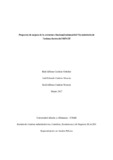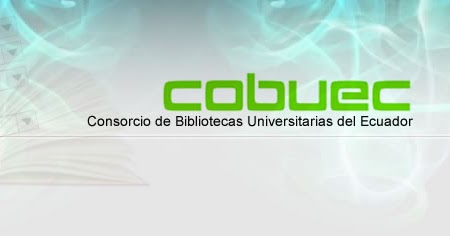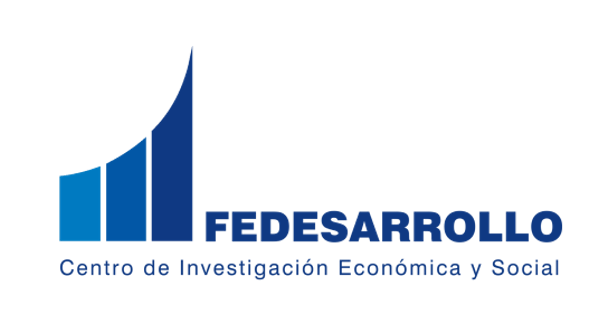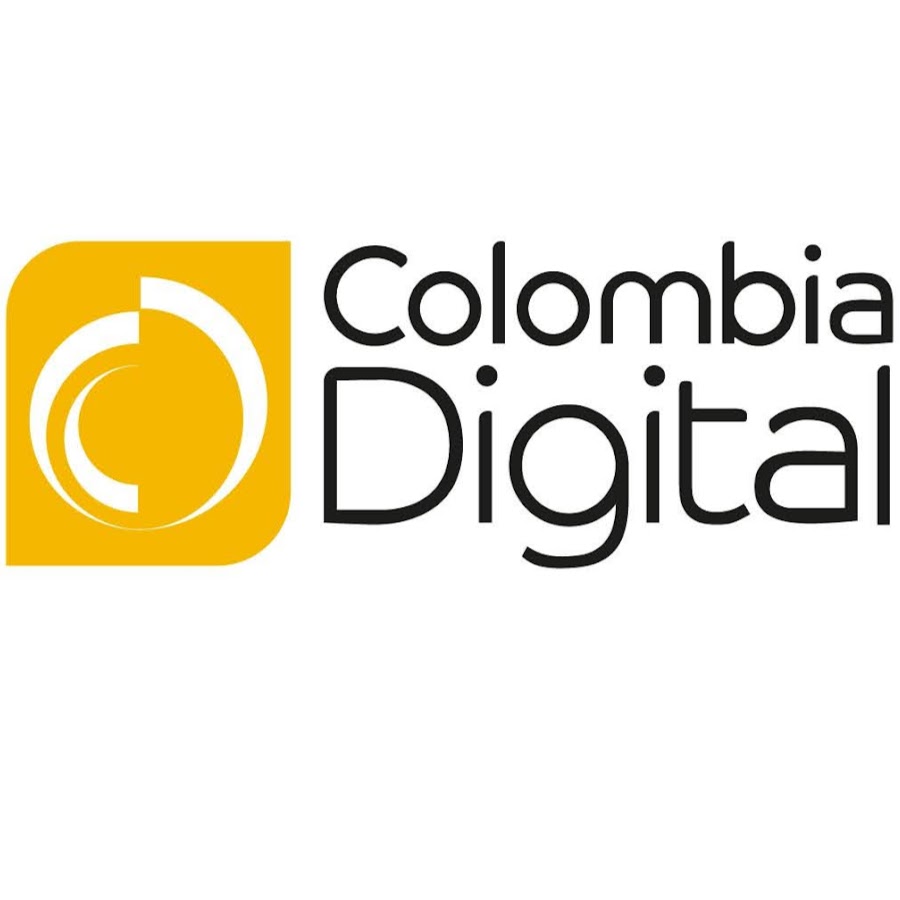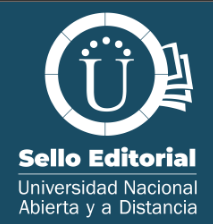Mostrar el registro sencillo del ítem
Propuesta de mejora de la estructura funcional/misional del Viceministerio de Turismo dentro del MINCIT
| dc.contributor.advisor | Cuellar Bahamon, Adelaida | |
| dc.coverage.spatial | cead_-_bucaramanga | spa |
| dc.creator | Cardozo Nuncira, Raul Alfonso | |
| dc.creator | Cardozo Ordoñez, Raul Alfonso | |
| dc.creator | Cardozo Nuncira, Saul Eduardo | |
| dc.date.accessioned | 2017-06-29T16:13:05Z | |
| dc.date.available | 2017-06-29T16:13:05Z | |
| dc.date.created | 2017-04-15 | |
| dc.identifier.uri | https://repository.unad.edu.co/handle/10596/12431 | |
| dc.description.abstract | El Ministerio de Comercio, Industria y Turismo, fue creado en 1991. Si bien históricamente el ministerio es producto de las fusiones de los antiguos ministerios de desarrollo económico y de comercio exterior, también responde por el gran desafío de la industria del turismo, al haber absorbido la antiguar corporación nacional de turismo, quien en otrora oficiaba como ente rector de las políticas de turismo en el país. Este ultimo aspecto concerniente a un renglón económico históricamente menospreciado, y que hoy cobra una fuerza relevante en los indicadores económicos del mundo. El turismo también conocida como la industria sin chimenea (Staback, Juan, 2015) por generar divisas, empleos y tributos sin incurrir en ningún tipo de afectación al medio ambiente como las demás industrias, mueve hoy mas de 1,4 billones de dólares y es una industria que esta llamada a percibir los principales réditos del posconflicto en una nación como la nuestra. El ejercicio de reducción del tamaño del estado colombiano en la primera década del nuevo milenio llevo a la fusión en respuesta a una optimización que el entorno demandaba, hoy estamos frente a un contexto diferente, un entorno de posconflicto que clama por un reordenamiento del estado de tal manera que se logre orientar administrativamente el accionar del estado frente a una industria estratégica como lo es el turismo. De esta forma se plantea la necesidad de dar paso a una nueva cartera, un nuevo ministerio del Turismo que conviva paralelo a su par de industria y comercio, las competencias restantes, afines y complementarias por demás, que se mantendrían en el actual Ministerio. Este nuevo Ministerio responderá además por la gestión de las entidades adscritas que también se le trasladaran como es el caso de Fondo de promoción turística- FONTUR y PROCOLOMBIA en su dimensión de promoción del turismo para audiencias internacionales. | spa |
| dc.format | spa | |
| dc.format.mimetype | application/pdf | spa |
| dc.language.iso | spa | spa |
| dc.publisher | Universidad Nacional Abierta y a Distancia UNAD | spa |
| dc.title | Propuesta de mejora de la estructura funcional/misional del Viceministerio de Turismo dentro del MINCIT | spa |
| dc.type | Proyecto aplicado | spa |
| dc.subject.keywords | Comercio exterior | spa |
| dc.subject.keywords | Economía | spa |
| dc.subject.keywords | Presupuesto | spa |
| dc.subject.keywords | Posconflicto | spa |
| dc.subject.keywords | Turismo | spa |
| dc.description.abstractenglish | The Ministry of Trade, Industry and Tourism was created back in 1991. Even though the ministry is itself a product of the fusion of former ministries of economic development and foreign trade, it is also responsible for the great challenge implied by the industry of tourism created when it absorbed the ancient National Tourism Corporation, which back in the days officiated as the leading entity for tourism policy making in the country This last mention regards a historically forgotten economic sector, that is now becoming relevant and important on the world’s economic reports.. Tourism is also known as the industry without chimneys (Staback, Juan, 2015) given the fact that it creates income, employment and taxes without affecting the environment as the other industries. It also moves up to 1, 4 billion dollars and it is meant to become the economic sector to receive the most important post conflict returns in a nation such ours The downsizing exercise of the Colombian state in the fist decade of the new millennium took merging of entity to become the optimum reply to the required optimization by the context, today things have changed, we are up to a different context, a post-conflict scene that claims for a total reordering of the state so that its performance is administratively reoriented on regards to an strategic industry such as tourism. This is how the whole idea of creating a new ministry is presented, a new tourism ministry that is established to emerge parallel to its colleague of industry and trade, all the other competences and responsibilities, both complementary and related will not be transferred and meant to be left of the current ministry. This new ministry will be held responsible for the action of the adjacent entities that will also be transferred such as FONTUR – the tourism promotion fund and PROCOLOMBIA on its tourism promotion dimension for international audiences. | spa |
| dc.subject.category | Gestión pública | spa |
| dc.rights.accesRights | info:eu-repo/semantics/openAccess | spa |
| dc.rights.acceso | Abierto (Texto Completo) | spa |

